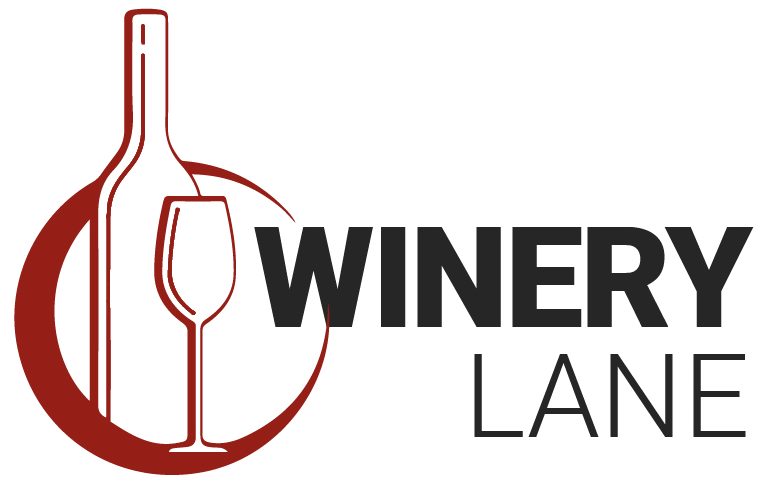In the realm of fine dining and culinary expertise, the figure of the sommelier has long held a revered position. With their discerning palate and extensive knowledge of wines, sommeliers have guided diners through the intricate world of wine pairings, elevating the dining experience to new heights. However, as culinary trends evolve and consumer preferences shift, the role of the American sommelier is facing unprecedented challenges, signaling the onset of a twilight era.
The Traditional Role: Traditionally, the sommelier has been the gatekeeper of wine knowledge in upscale restaurants, responsible for curating wine lists, recommending pairings, and providing expert guidance to patrons. Their expertise extended beyond mere wine selection, encompassing an understanding of viticulture, vinification processes, and the nuances of various grape varietals and regions. This deep knowledge, coupled with refined sensory skills, enabled sommeliers to offer personalized recommendations tailored to individual tastes and preferences.
Shifts in Wine Culture: In recent years, several factors have contributed to the transformation of wine culture in America, thereby challenging the traditional role of the sommelier. One significant trend is the democratization of wine knowledge facilitated by the internet and social media. Consumers now have unprecedented access to information about wines, including reviews, ratings, and educational resources. As a result, diners are increasingly confident in making their wine selections, diminishing the perceived need for expert guidance from sommeliers.
Moreover, changing dining preferences and the rise of casual dining concepts have altered the landscape of the restaurant industry. Many diners now prioritize relaxed atmospheres and diverse, approachable menus over formal fine dining experiences. In such establishments, the role of the sommelier may be marginalized as patrons opt for simpler wine options or other beverages altogether.
Furthermore, the proliferation of natural and biodynamic wines has challenged traditional notions of wine quality and expertise. These wines, often produced with minimal intervention and showcasing unique flavor profiles, appeal to a younger generation of consumers seeking authenticity and sustainability. As a result, sommeliers must adapt their knowledge and preferences to accommodate evolving tastes and trends in the wine industry.
Challenges Facing Sommeliers: Amidst these shifts in wine culture, American sommeliers are confronting several challenges that threaten to diminish their relevance in the dining landscape. One such challenge is the commodification of wine, driven by market forces and corporate interests. In many restaurants, wine lists are curated not by sommeliers but by distributors or management teams focused on profit margins rather than quality or diversity. This commercialization of wine selection undermines the expertise and integrity of sommeliers, relegating them to mere salespeople rather than trusted advisors.
Additionally, the COVID-19 pandemic has exacerbated existing challenges faced by sommeliers, particularly in the realm of fine dining. Restaurant closures, capacity restrictions, and economic uncertainty have forced many establishments to streamline operations and reduce costs, resulting in layoffs or furloughs for sommeliers. As the hospitality industry grapples with the long-term effects of the pandemic, sommeliers must navigate an uncertain future, seeking opportunities to adapt and innovate in an increasingly competitive landscape.
Adapting to Change: Despite these challenges, sommeliers possess unique skills and expertise that can remain invaluable in the evolving wine culture of America. To thrive in this changing landscape, sommeliers must embrace flexibility, creativity, and a willingness to engage with diverse audiences. This may involve expanding their knowledge beyond traditional wine regions and grape varietals to include emerging wine-producing regions and alternative styles of winemaking.
Furthermore, sommeliers can leverage technology and digital platforms to enhance the dining experience and connect with patrons in new ways. Online wine tastings, virtual vineyard tours, and interactive wine education sessions offer opportunities for sommeliers to share their expertise and passion for wine with a broader audience, transcending the confines of the restaurant setting.
Moreover, sommeliers can play a vital role in promoting inclusivity and diversity within the wine industry, advocating for underrepresented winemakers, and championing wines from marginalized regions. By embracing diversity and fostering a culture of inclusivity, sommeliers can enrich the wine landscape and cultivate a more vibrant and equitable wine community.
The twilight of the American sommelier signals not the end of their relevance but rather a new chapter in the evolution of wine culture. As consumer preferences shift, dining habits change, and the hospitality industry adapts to unprecedented challenges, sommeliers must embrace innovation, resilience, and a commitment to excellence. By adapting to the evolving trends, advocating for inclusivity, and leveraging their expertise to enrich the dining experience, sommeliers can continue to inspire and elevate the appreciation of wine for generations to come.




